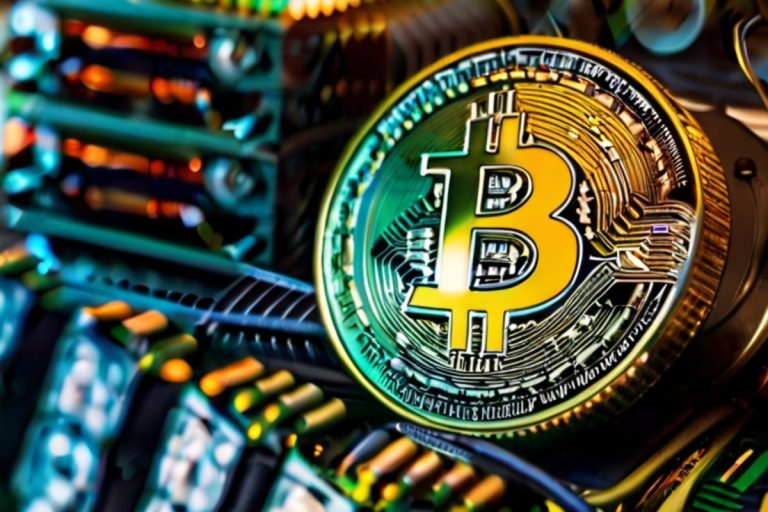
The Stratum Reference Implementation (SRI) team has unveiled SRI 1.0.0, a new milestone in its journey to decentralize and improve Bitcoin mining, according to a press release sent to Bitcoin Magazine. This latest release is now available for immediate testing and seamless integration.
Some of the key points in SRI 1.0.0 include:
- Miners can connect to SV2 pools without upgrading existing SV1 firmware through a translation agent or directly using an SV2 firmware device such as BraininsOS.
- Miners have the flexibility to run their own Bitcoin nodes, create blocks, and advertise them in the SV2 pool.
- Implementing the pool's reserve function ensures continuity in mining activities even if the pool decides to impose censorship on transactions, thus incentivizing pools to prioritize the interests of miners.
This new release is the culmination of improvements to the Stratum V2 specification that were achieved through collaboration within the working group and rigorous testing with the interoperability group to ensure seamless compatibility between implementations of the Stratum V2 protocol.
The release allows miners using SV1 or SV2 firmware to connect directly to the SV2 pool or through a translation agent. Miners can create their own block templates using a locally hosted Job Declarator Client and a patched version of the Bitcoin Core Node, enabling them to submit their templates to the Job Declarator Server powered by the SV2 Pool. Importantly, this update also allows independent third parties to operate the node and JDC, expanding operational capabilities.
The newly implemented pool rollback feature ensures that miners maintain mining activity by automatically switching to alternative pools if their blocks are rejected by a pool. This mechanism acts as a strong incentive for pools to act in the best interests of miners, ensuring that miners' hashing power remains secure and competitive.
SRI's easy-to-use pool setup and upcoming improvements make it an attractive option for miners and pools looking for streamlined mining experiences. The project says it welcomes contributions and support from individuals and corporate entities interested in providing grants to help accelerate development, research and innovation in Bitcoin mining technology.

